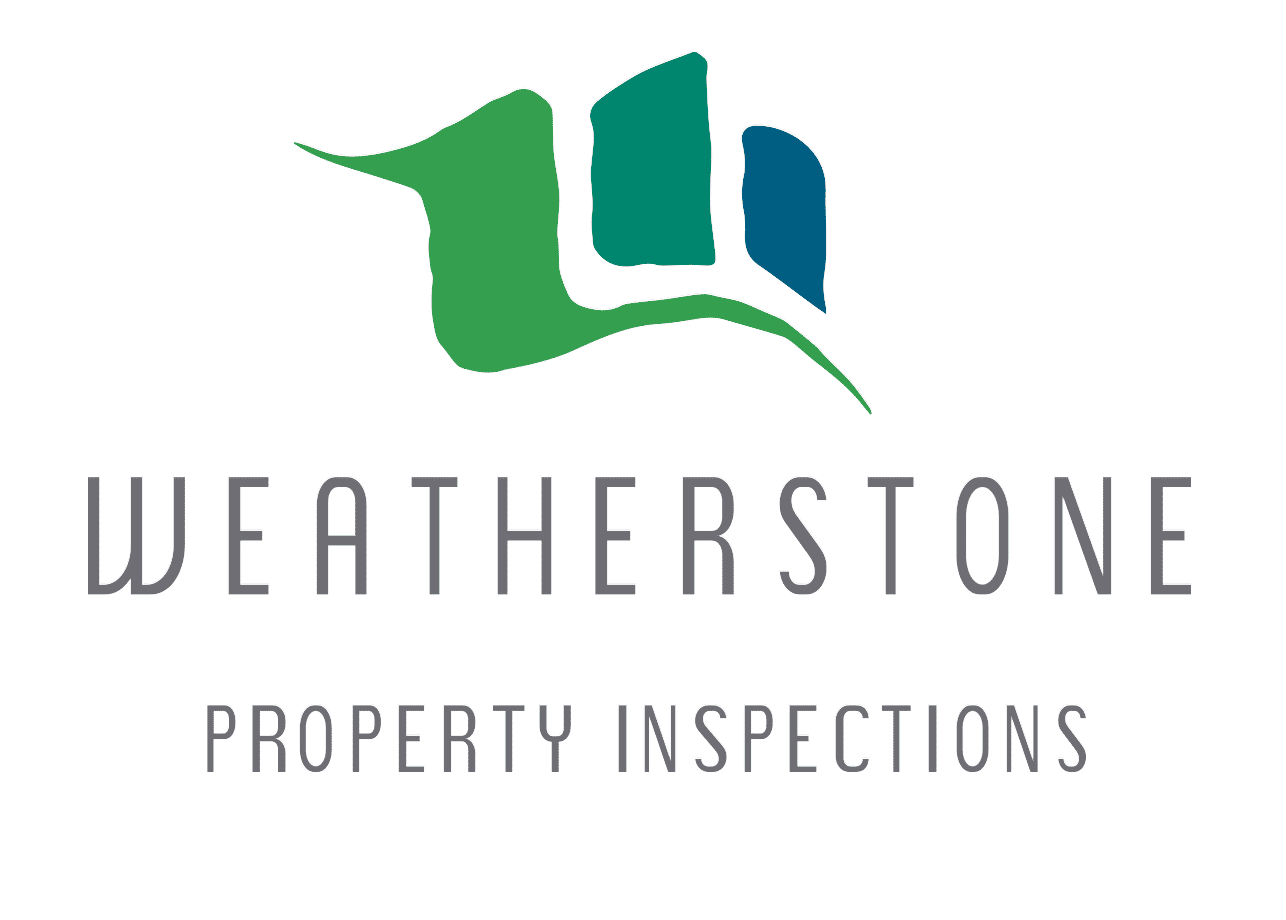
Flooding can cause massive damage to your home and is not always covered by your home insurance plan. Although it is most important for those in high-risk areas to prepare for flooding, every homeowner should have plans in place to reduce their exposure. Don’t leave yourself with regret after the fact. Prepare your home and reduce your risk so that your home is safe from flooding.
Get Checked Out
An ounce of prevention is worth a pound of cure, so the best way to deal with flooding is to find your potential trouble spots before they cause you any harm. Hire a professional to perform an inspection of the property’s sewer and septic system for signs of concern. Failing or outdated systems are a risk of backing up in the event of heavy storms, so it’s important to identify and replace them if needed.
Inspect and Protect
Fortunately, not all preventative measures require professional eyes. Flooding is caused by water seeping into your basement, so look for areas which might contribute to this. Common causes are cracks in the foundation of your home, which allow water to leak in, and improper protection against outside waters. Check to ensure that every gutter has a downspout which funnels water away from your home. If your basement has recessed windows at or below ground level, install protective covers to keep out rainwater.
Pump It Up and Out
For some homes, there’s nothing you can do beyond using caution and care to avoid flooding. If your basement has a history of flooding, or a professional inspector assesses a high flood risk, a sump pump may be the solution. Dug into the floor of your basement, the pump activates automatically when groundwater begins to approach the level of your basement, pumping the water safely up and away from your home.
Get Covered
Sometimes even the best preventative measures aren’t enough. This is why it’s so important for homeowners in at-risk homes to purchase sufficient flood insurance. While it’s still necessary to take all of the above precautions to reduce your risk, having insurance means that if disaster strikes you’re covered and have the financial backing you need to repair and recover.
